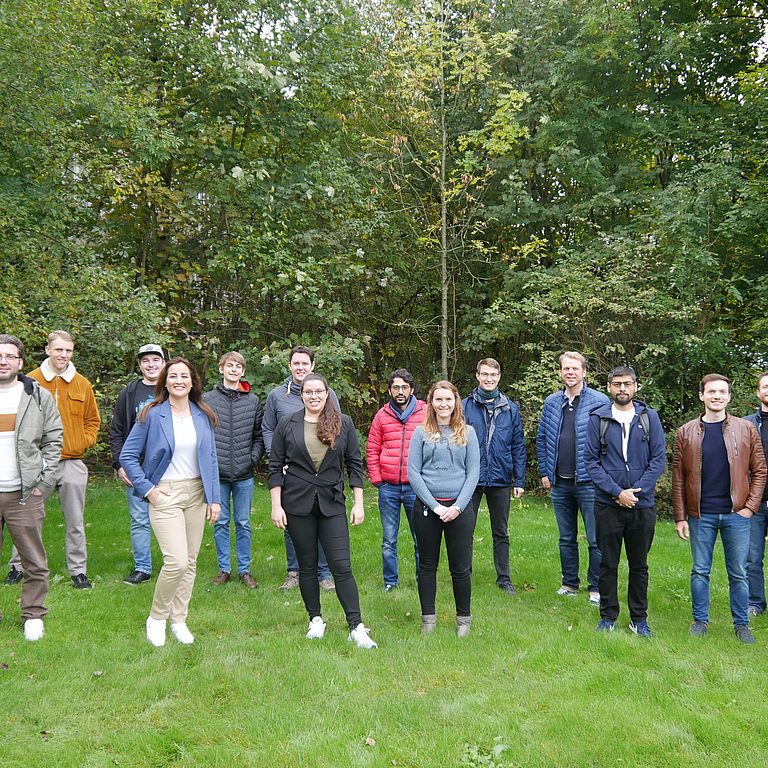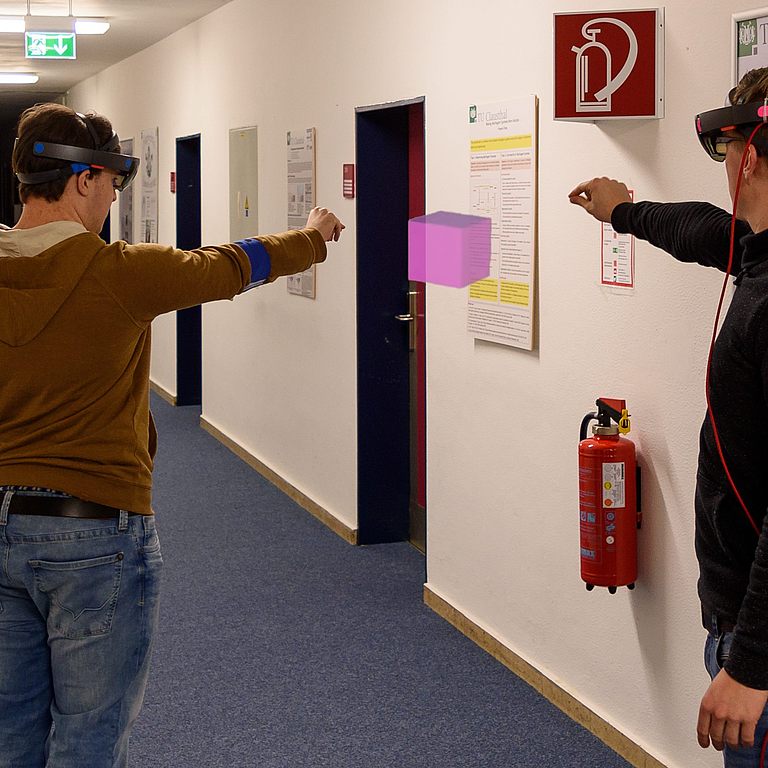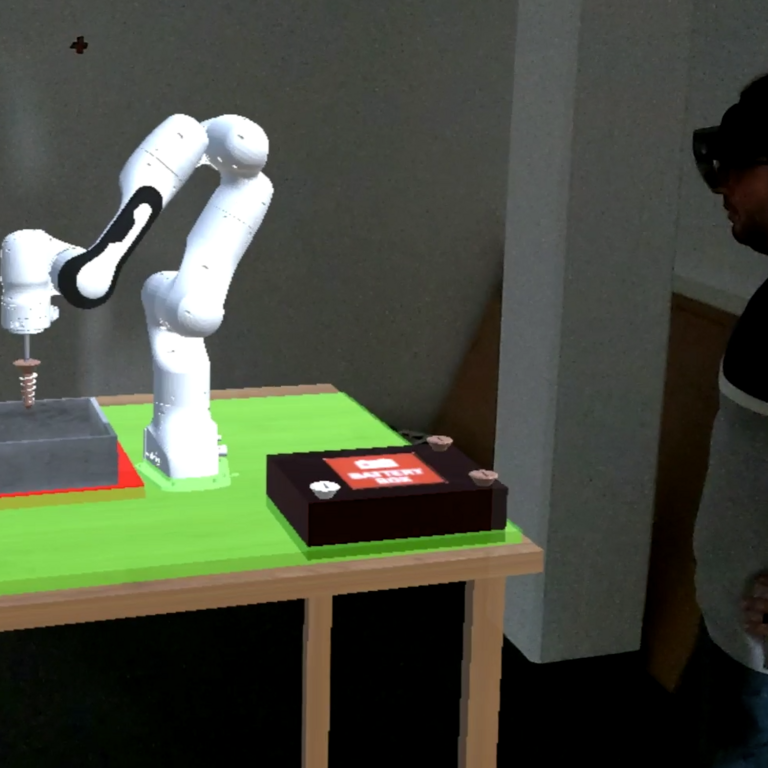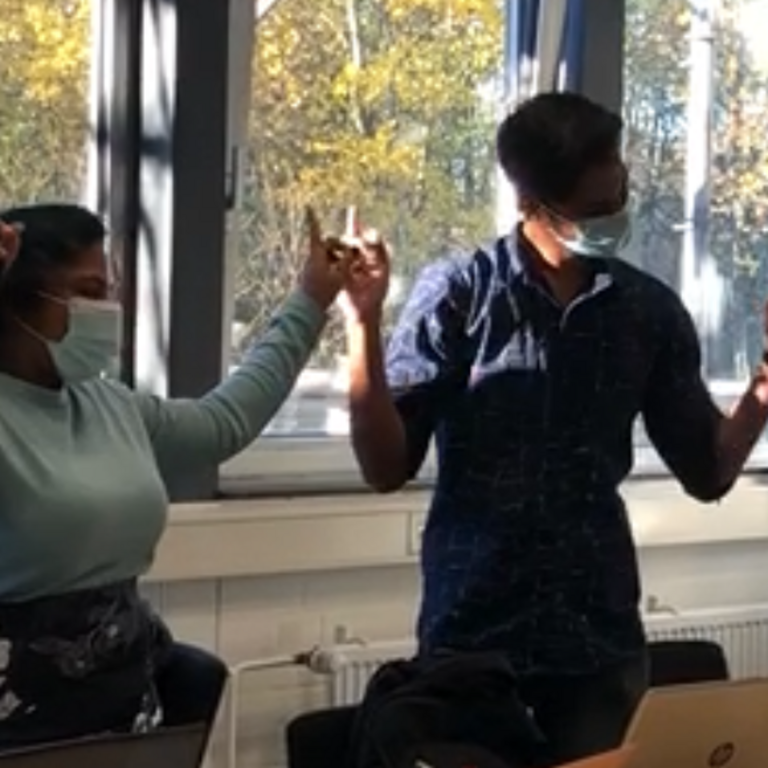Cooperation Systems
Goals
Working cooperatively needs coordination and awareness about the work of others. There are many challenges arising when people work together: if work is done remotely, coordinating work is much harder, and even if work is done at the same time and at the same place there is a need for support of collaborative work. Challenges include missing or inadequate communication channels or coordinating the synchronized work on a document. After finishing this module, students should be able to design cooperative systems, to discuss them critically and to evaluate them. The presented theories and principles will be used practically in an accompanying project.
Content
At first, basic knowledge about human communication and cooperation as well as paradigms and concepts of computer-based groupwork are given. This background knowledge will always be connected to use cases and examples. It will be followed by tools for the support of typical cooperation tasks with an emphasis on domains such as social media, augmented reality or tools that support reflection. Tools will also be inspected and viewed from the point of view of the users to gain knowledge about the analysis and the design of user interfaces of cooperative systems. Finally it will be reviewed how cooperative systems can be evaluated. The exercise for this lecture will be held in form of an accompanying project work.
Dates
This lecture usually takes place in the winter semester. For further information please refer to Stud.IP.
Exercise:
/
Exam
Credit Points: 6
Individual dates for oral exams.
Prerequisite for the exam: successful participation in a project work.
Prerequisites
Human-Computer Interaction ("Mensch-Maschine Interaktion")
Recommended previous knowledge
Knowledge in programming
Contact
Michael Prilla, Gordon Brown
Lecture material
Lecture slides are available in Stud.IP. A video recording of the lecture from the winter term 2020/21 is available here and here (this one is only accessible within the TUC network).



